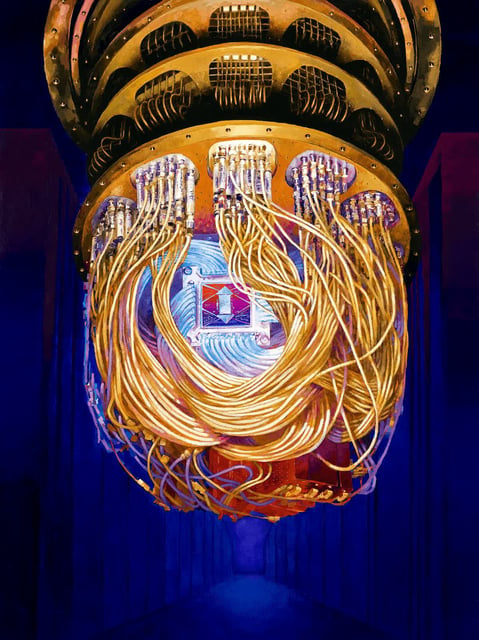Overview
- Google researcher Craig Gidney estimates a 2,048-bit RSA key could be factored in under a week using fewer than one million noisy qubits, a 20-fold decrease from 2019 projections.
- The sharper estimate reflects advances in quantum algorithms—such as optimized modular exponentiation—and denser error correction methods including yoked surface codes and magic state cultivation.
- Current quantum machines remain far smaller—IBM’s Condor tops out at 1,121 qubits and Google’s Sycamore at 53—yet IBM plans a 100,000-qubit system by 2033 and Quantinuum targets a fault-tolerant computer by 2029.
- Last year’s NIST post-quantum cryptography standards recommend phasing out vulnerable RSA and elliptic curve systems after 2030 to protect banking, communications and digital signatures.
- Blockchain platforms like Solana and Ethereum are already testing quantum-resistant solutions, and experts warn adversaries may be collecting encrypted data now to decrypt once quantum capacity matures.



